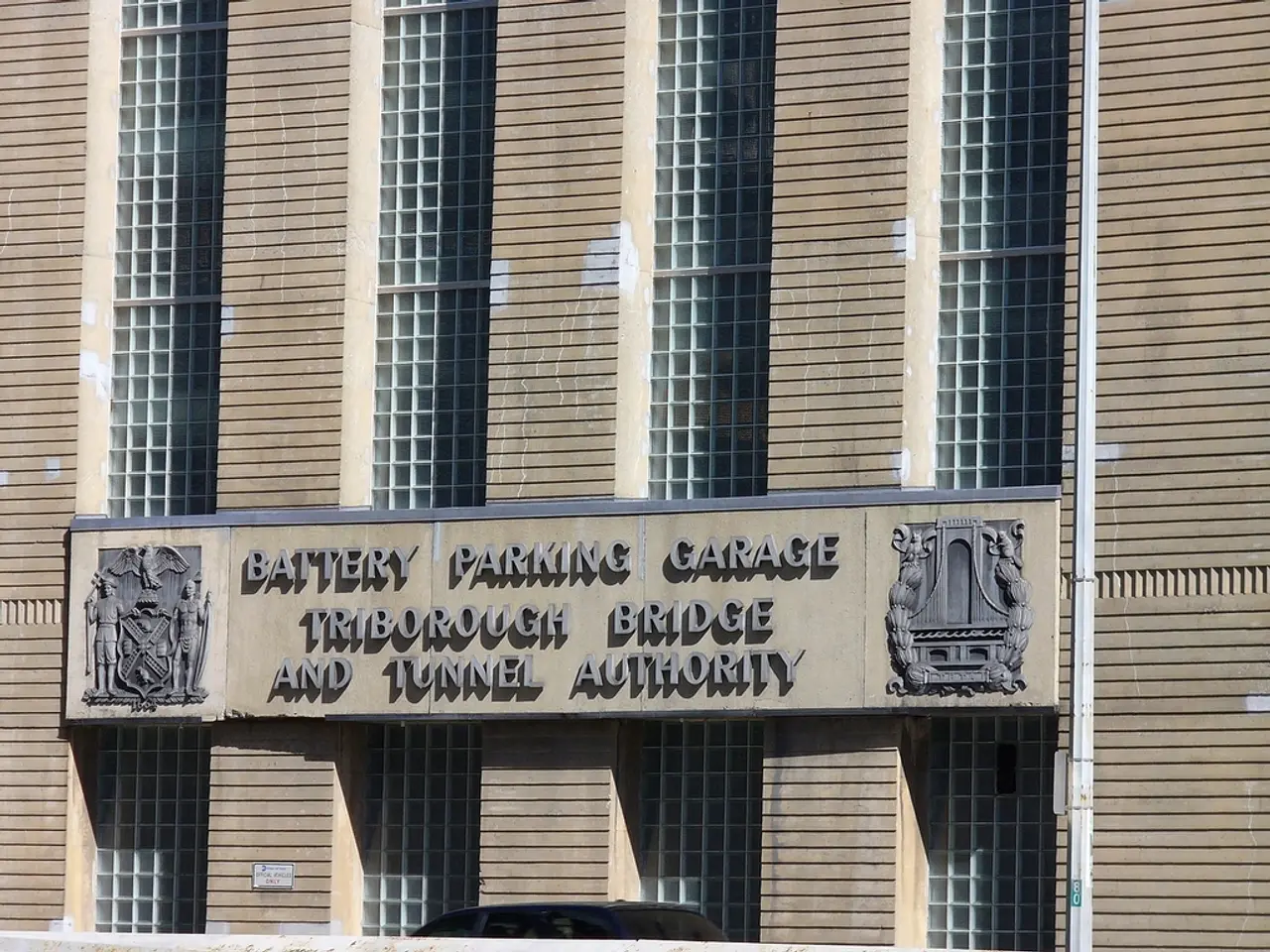A CD, or certificate of deposit, is a financial product offered by banks where customers deposit funds for a fixed period in exchange for a predetermined interest rate.
A certificate of deposit (CD) is a type of secure savings account that provides a fixed interest rate in exchange for keeping money in the account for a set period—also known as the term. These terms range from as little as three months to as long as five years, although shorter and longer term lengths are possible. It's essential to choose a term that suits your needs because early withdrawals may result in an early withdrawal penalty, which can eat into the interest (and possibly the principal).
Here's a breakdown of how CDs work:
- Term: Every CD has a term, which is the duration of the money's stay in the account, earning interest during that period. Terms can extend from a single month to a decade.
- Early withdrawal penalty: This is a fee—usually calculated as a number of days' worth of interest—charged when you withdraw money before the term ends. The fee can vary based on the bank's policies or the CD's term length.
- APY: Annually, the APY (annual percentage yield) is the rate of return for the CD, and it's typically fixed. This is one of the main advantages of opening a CD compared to a traditional savings account, as you can calculate exactly how much interest your CD will generate over its term.
- Minimum opening deposit: Unlike traditional savings accounts, you can't add funds to a CD once it's opened, so you need to have some savings ready. Some banks require minimal deposits when you open a CD, while others don't.
- Grace period: After the CD's term ends, a grace period (usually between five and ten days) allows you to make changes, such as withdrawing the funds or renewing the CD. If you take no action during the grace period, the bank will typically roll the balance into a new CD.
CDs can be found at banks and credit unions, also referred to as share certificates at credit unions, or purchased through a brokerage firm. Brokered CDs, however, are bank-issued CDs that are sold on the secondary market through brokerages. They have term lengths, fixed APYs, and offer the ability to sell them before maturity.
CDs are generally insured up to $250,000 by the Federal Deposit Insurance Corp. (FDIC) or the National Credit Union Share Insurance Fund (NCUSIF) if the bank or credit union is backed by one of these organizations. This protection means you won't lose your money should the bank or credit union fail.
CDs can be an excellent choice when you're trying to save funds for a specific future expense. Since there's usually a penalty for early withdrawal, it's also a useful place for money you'd like to keep safe from impulsive spending. However, these investments may not be the best for emergency funds or money you might need immediately. They also yield lower returns than investments like stocks, although with less risk associated.
To open a CD, it's essential to research the available types because some CDs come with added features or more flexibility. Types of CDs include traditional CDs, no-penalty CDs, jumbo CDs, bump-up CDs, step-up CDs, zero-coupon CDs, callable CDs, and IRA CDs.
When choosing a CD, make sure you consider the CD term length, unique CD features, minimum deposit, interest rate, and early withdrawal penalty. Always remember the CD's maturity date, especially if you need the money, because withdrawing the funds after the grace period will result in an early withdrawal penalty and possibly renew the CD with a non-competitive APY.
In conclusion, CDs are a low-risk investment that can offer higher returns compared to traditional savings accounts. By understanding their features and choosing the right type, you can make the most of this secure savings option.
Money market accounts and savings accounts might serve as alternatives for those looking for more flexibility, as they offer access to funds without imposing early withdrawal penalties, which can be a determining factor for personal-finance management. In contrast, CDs (certificate of deposits) are ideal for setting aside funds for future expenses, providing a fixed interest rate and security over a fixed term, appealing for business or personal-finance purposes.




